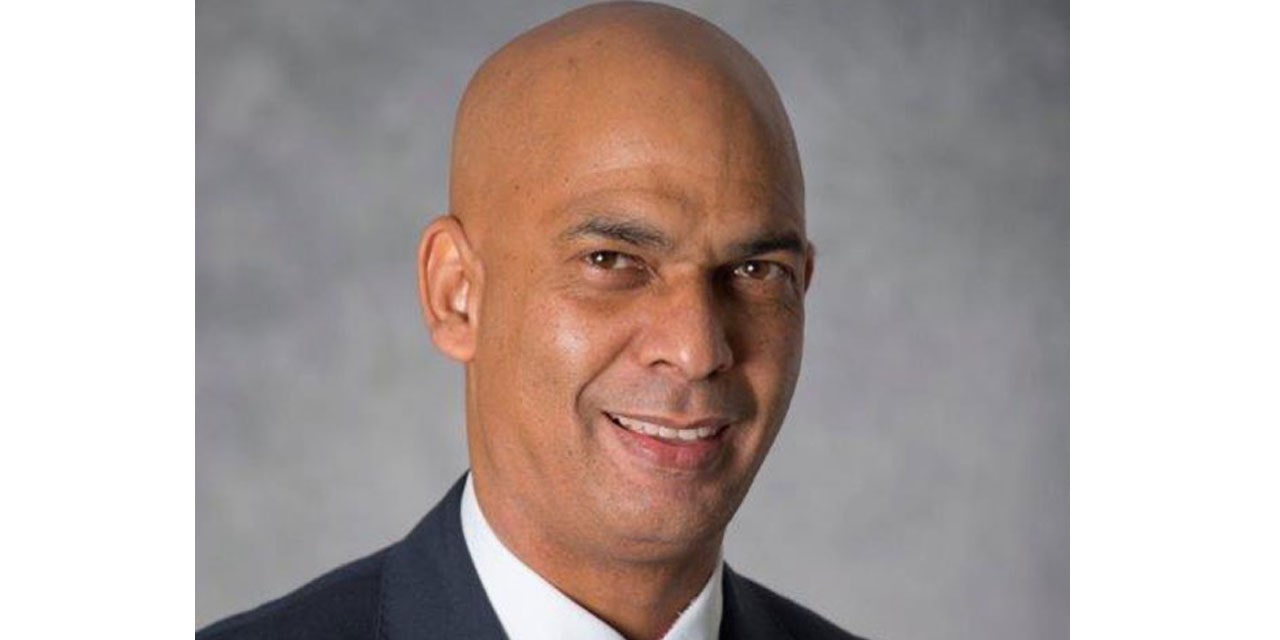Tujoromajo Kasuto
TRANSNAMIB Holdings Chief Executive Officer (CEO) Johny Smith says the company will need at least two to three years to stabilise revenue and move into a profitable financial position.According to their business strategy the parastatal must raise income by at least 20% per year.
Smith admitted that they face challenges, but that they are committed to executing their business plan to the letter.”Challenges will come and go,” he adds, “but for at least the years that we have been in office, we have been able to mitigate all challenges thrown at us in amicable ways and through the proper channels.”
Smith stated that it is no secret that the company is in a bad financial position, and that they are in the process of ensuring that their business plan is supported for the time being.
He emphasises the importance for the entity to remain positive in order for it to be able to place freight on the train to secure the company’s long-term viability and survival.Smith doesn’t see a liquidation happening since it’s not in their business strategy, which is to make the organisation successful and great again and that’s what they’ll focus on.
He boasts that they are now trying to take beneficial activities that will result in higher income.
The company finds it challenging to move current freight and acquire new clients due to a lack of locomotives.
As a result, the immediate aim is to try and repair faulty and parked locomotives by obtaining the required spares for them to move additional freight.
Smith laments that the previous two years have been challenging since the firm has lost a lot of business, which has resulted in a lot of cash flow issues, which has had a ripple effect on their income because they couldn’t acquire enough funding for replacement parts.
He asserts that the rail operator can now afford to purchase some of these items, and that they are awaiting delivery, which can take up to six months.
Currently, the company intends to reinvest profits in the acquisition of locomotive spare parts to get more freight, so that profits may be reinvested in the acquisition of additional components.
There are currently 24 locomotives operating on a daily basis, 12 of which require repairs, and others which cannot be repaired due to a lack of spare parts.
They have a total of over 70, with some in the yard owing to the same challenges of making them mobile.
Within the following six to twelve months, they want to add another 15 locomotives, Smith revealed.
Meanwhile, over 60 employees have “retired” as part of the company’s “voluntary separation” programme to reduce staff
He stated that clearing out the transnamib payroll of the over 800 employees has been difficult owing to a lack of money, adding that retrenchments are not in the works. Meanwhile, the company has been threatened by lawyer Sisa Namandje to pay a longstanding debt of about 161 million Namibia dollars or face a liquidation challenge in the High Court.
TransNamib confirms receipt of the letter of demand from Challenge Air and reiterates its stance that TransNamib was not party to the settlement agreement entered into between Air Namibia and Challenge Air in 2019, in respect of the arbitration award.
In the meantime, TransNamib is consulting its legal representatives on the appropriate action to defend this letter of demand.
Namandje’s demand that they pay the entire overdue sum of EUR 9,863,053.04 (N$161,509,446.41) within 15 (fifteen) days of receiving the letter of demand, failing which Transnamib will be deemed unable to pay its debts in line with the Companies Act.




